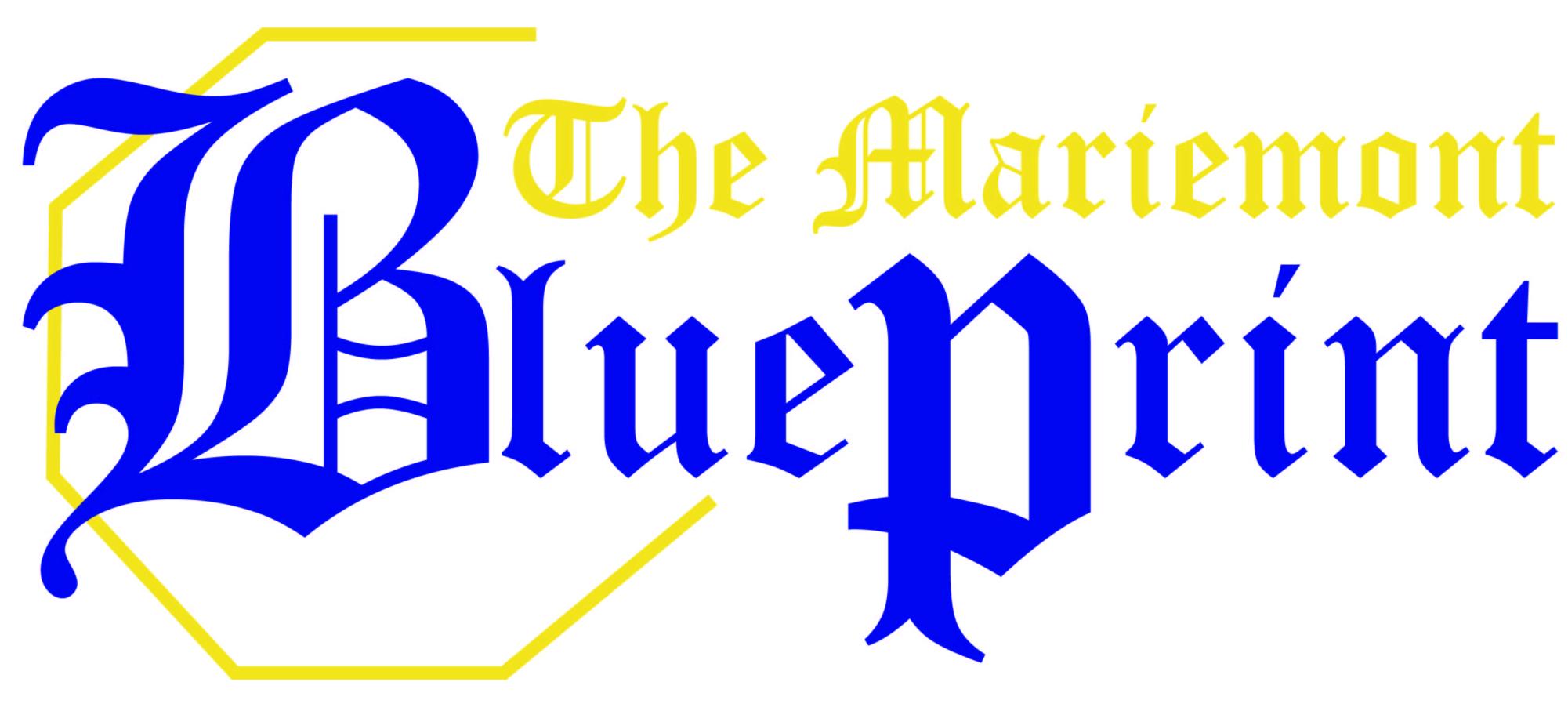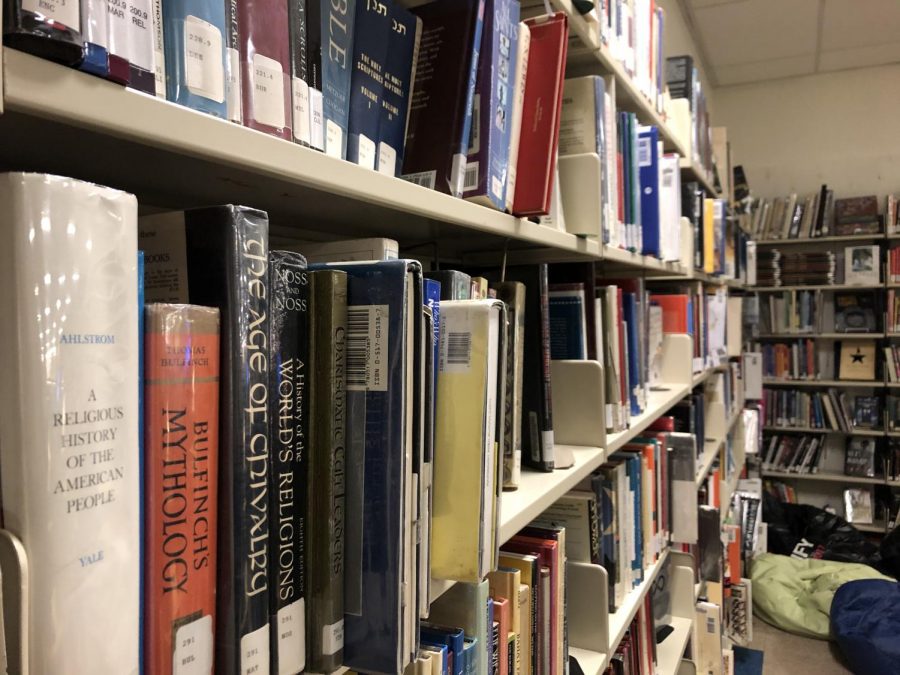Reading at Mariemont: What do students think?
Mariemont’s Library-Commons area
November 15, 2019
BY MEGAN KROMER
From Goodnight Moon to The Odyssey, we know reading is a pillar of education and it is part of what we do every day.
To learn more about relationships with reading, I asked Mariemont High School students about their thoughts on reading in their personal lives as well as in school.
Sophomore Monique Gibson thinks reading is a critical skill for students.
“I like reading because it opens up a world of imagination. From books to road signs, I just try to read as much as I can.” She said.
Gibson thinks that although many students read on their own, teachers should still assign books to make sure they’re reading as much as they can, because it helps students narrow down their reading options to find what they like.
Gibson said, “I’d prefer to be guided into choosing books rather than having to choose from a lot.”
With so many options to read, teachers can influence their students by presenting them books based on their abilities and interests.
Students in Ms. Reilly’s class agree that reading is important but isn’t always a fun task.
Junior Caroline Dewees said, “I don’t really do it that often or enjoy it too much, but I’ll read books if I have to.”
Dewees believes that assigning books for students to read is beneficial but that it should be open for the students to choose when and what they read. Junior Jeb Lindell agrees with Dewees but added what he views as helpful when reading.
He said, “Sometimes it’s hard to start a book, but when it’s regulated through class time and we stop to talk and explain what’s happening, it makes reading a lot easier.”
Lindell thinks that reading could be more effortless if given enough class time, and easier to interpret with additional thoughts and opinions from peers.
Students like junior Kailyn Rose have found that their feelings toward reading have changed.
She said, “I really like reading–I used to hate it. I found some good books and now I read all the time.”
Rose is a newly avid reader but prefers to read on her own, because she likes specific genres.
She said, “Students would probably read more on their own if they got to pick their books more often.”
Overall, these juniors agree that reading is always going to be important but would be more appreciated if students were given broader options on what they can read.
With 13 years of education under their belts, seniors Will Stutenroth, Sarah Werdmann, and Clare Purdy bring some seasoned thoughts to the table.
Senior Will Stutenroth said he enjoys reading, for the most part.
“I have to be in a certain mood to read effectively, and sometimes I’m just not feeling it.” He said.
Like many of us, Stutenroth has the most time to read when he isn’t busy with other school work, but does his best to read whenever he can.
He said, “I prefer to read books on my own because it gives me the freedom to choose what I know I’d be interested in. But I can see why some books are required for us to read.”
Stutenroth agrees that students should receive more freedom when choosing books, but understands the reasoning behind assigning the classics–they give students a wider range of genres and push them outside their comfort zones.
Senior Sarah Werdmann is an avid reader and believes teachers should drive their students to think outside of the grades they get on book assignments.
Werdmann said, “Keep the criteria open. For me, the worst thing about a book project is being worried about the grade I’m going to get and not being able to get creative with my project. If there are fewer requirements I’m able to really get involved in the project which is way more fun for me. I hate having to do something solely for a grade.”
Stutenroth added, “Sometimes I feel that what we should be getting out of a book is too structured and it should be more open to our own interpretation.”
Many students can relate to this feeling. Being able to use creativity in expressing their interpretations can help make reading a much more enjoyable process.
Senior Clare Purdy agrees on the topic and added advice to not just students, but teachers too.
“Be flexible and communicative. Teachers should communicate with their students about their expectations for reading assignments…students should let their teachers know when and what books and assignments are working for them.”
She continued, “My best advice is to try and push the limits of your comfort zone. You may surprise yourself but you will never know if you never try.”
These three seniors agree that assigning books for students to read is a good option, given the books assigned are engaging and meaningful, and they are pushing themselves to read different material.
These Mariemont students have unique relationships with reading. However, they all agree on one thing– students’ ability to choose books based on their interests and being able to present them in a creative way is a very crucial part of the reading process.
They say this enhances a desire to read, and possibly strengthens student relationships with books so that they continue to read and interpret throughout their lives.
“ I love reading and I always have. Getting lost in a good book is one of my favorite things.” Werdmann said.

